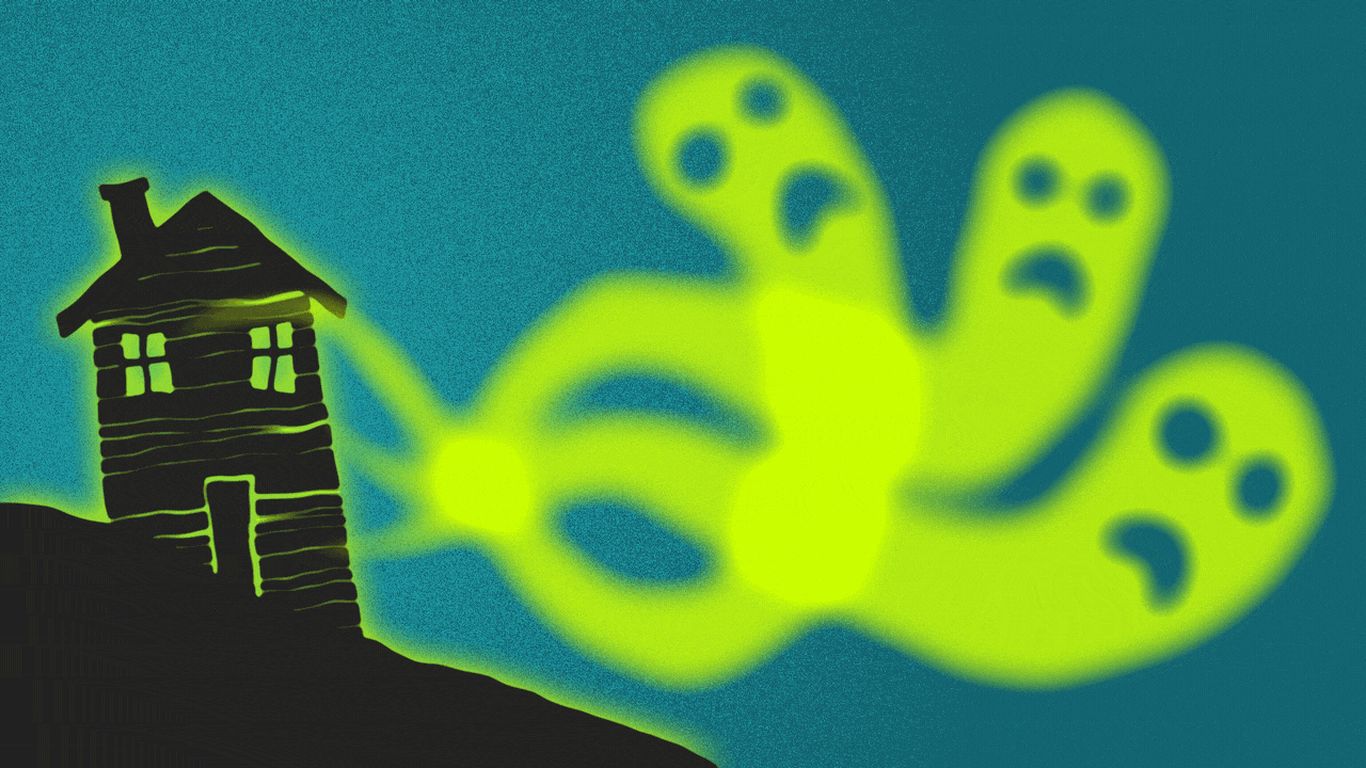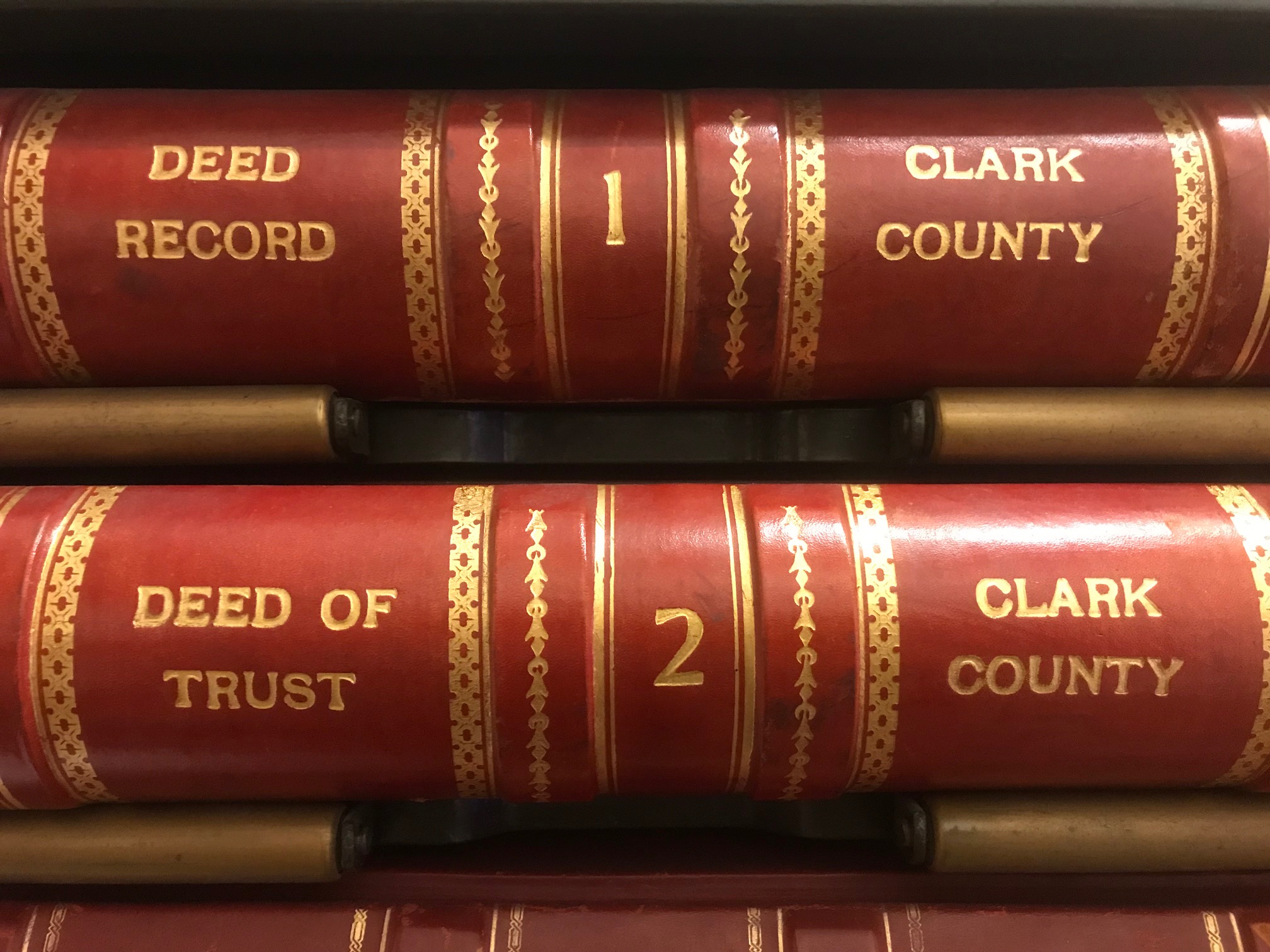I
n the cutthroat world of D.C.'s real estate market, some buyers are willing to overlook even the most unsettling circumstances for a chance at homeownership. For instance, in D.C., Virginia, and Maryland, listing agents aren't required to disclose if a property is considered "stigmatized" – meaning it's been impacted by events like murder, suicide, or alleged hauntings.
The National Association of Realtors defines a stigmatized property as one that's been psychologically affected by such events. Since these aren't considered material defects, sellers don't have to advertise them. However, if buyers discover the property's dark past through research, listing agents should be prepared to discuss it.
In some cases, a home's creepy history can even lead to a discounted sale price. According to the NAR, violent crimes tend to negatively impact property values. For example, a couple who bought a Prince George's County house said to be the inspiration for "The Exorcist" may have gotten it at a discount due to its notorious past.
For D.C. resident Mollie Bowman, living in a potentially haunted duplex is a small price to pay for her low mortgage rate and desirable location. She's willing to overlook strange occurrences like tapping noises and flickering lights for the sake of homeownership. As one local agent notes, even a brutal past can be erased if the property's value is high enough after renovations.
In D.C.'s competitive market, buyers are often willing to overlook a home's dark history in favor of its location or amenities. As one agent puts it, "If [after-renovation value] is high enough on it, time will erase all stigma."














